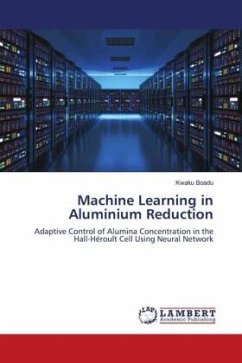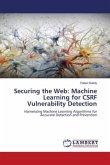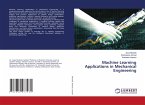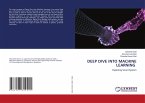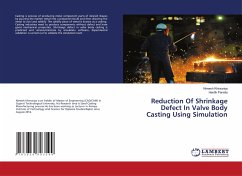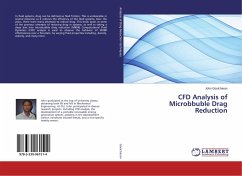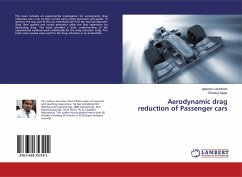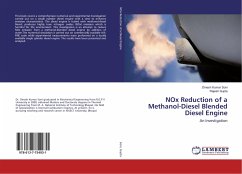Aluminium smelting the world over has had two major constraints: environmental protection and energy costs. Since the method and efficiency of alumina feed in the smelting process impacts environmental pollution and production efficiency greatly, much of the industry's investment money has been spent researching into better feed control systems - feed delivery and feed strategies. The subject matter of this thesis dwells on the latter, continuing the search for an efficient adaptive alumina feed strategy in the Hall-Héroult aluminium reduction cell. Neurocomputing is applied to the problem of on-line estimation of alumina mass balance in the electrolytic cell. Simulated and real electrolytic resistance/alumina concentration data was used as input vectors to train a single-layer feed forward loop-back NEURAL NETWORK constructed with six constraint equations and six degrees of freedom in search for a prediction algorithm. A contribution is proposed to alumina feed control strategies by developing a neural network-based adaptive feed control algorithm, robust against cell resistance variations, and implementable on retrofit state-of-the-art aluminium reduction cell microcomputers.
Bitte wählen Sie Ihr Anliegen aus.
Rechnungen
Retourenschein anfordern
Bestellstatus
Storno

